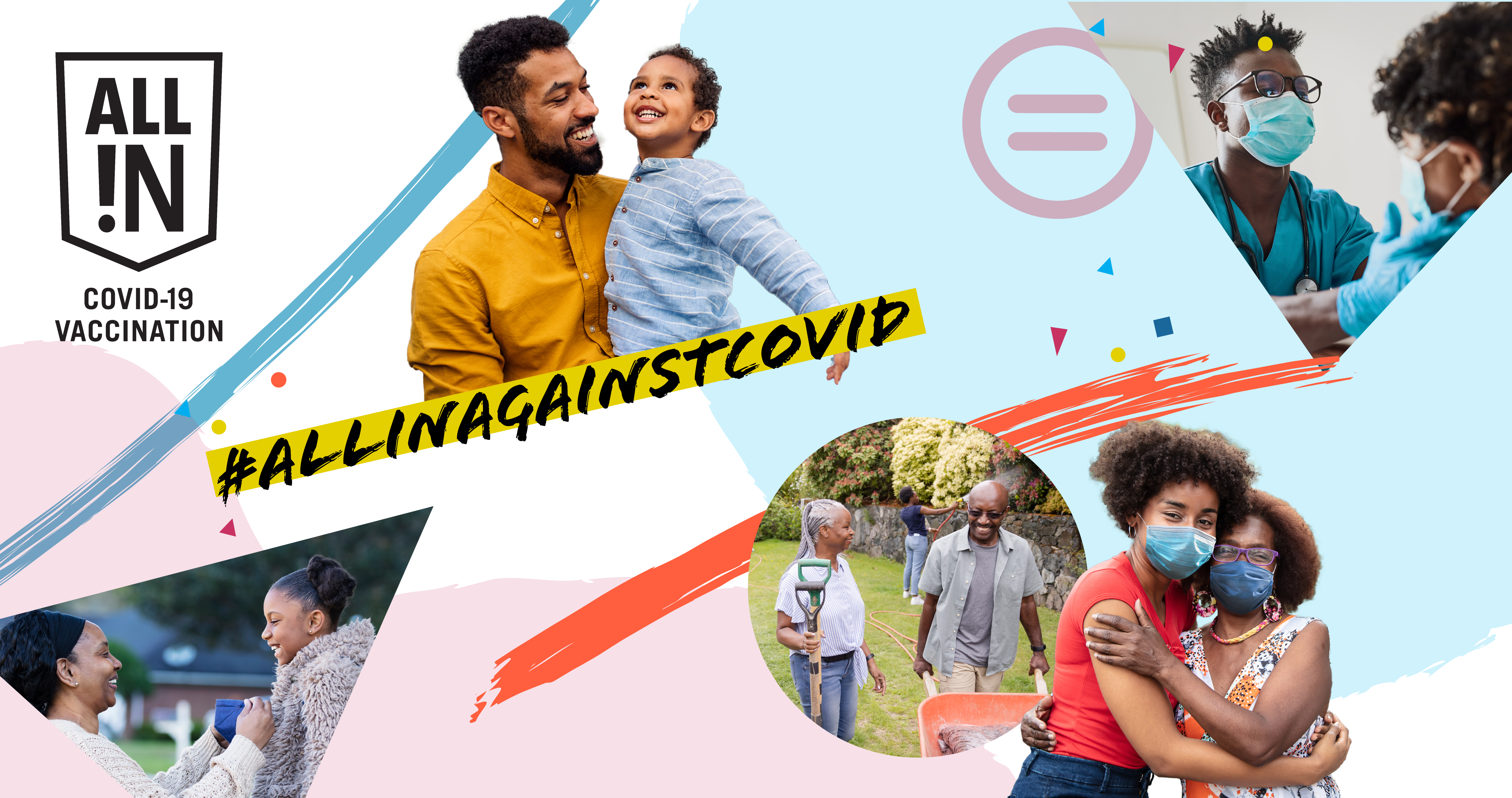As a parent, you know first-hand that schools are like a human petri dish for bacteria and viruses – and COVID-19 is no exception.
The best way to keep your child in the classroom year-round and protected from COVID-19 is by getting them vaccinated.
Masks are still a good idea. Although not required in many school districts, indoor masking is still beneficial. Masks help stop the spread of COVID-19 —and other infections like the common cold or the flu. It is especially important to use well-fitting masks if your child is ineligible for the vaccine for medical reasons; immunocompromised; if a family member is at high risk; or if there is a high rate of COVID-19 in your community. Masks help protect kids so they won’t have to miss school.
Planning for outbreaks. Right now, COVID-19 variants and other viruses are circulating. Schools need to plan for outbreaks that may occur. People who have symptoms or are at high risk should be tested, following Centers for Disease Control and Prevention (CDC) guidelines. And if you get a negative result on an at-home COVID-19 antigen test, the Food and Drug Administration advises repeat testing. This is because tests can sometimes show false-negative results.
COVID symptoms & what to do:
|
✅ |
If a child has COVID-19 symptoms at school, they should be picked up right away so they can be isolated. |
|
✅ |
Keep your child home from school when they have symptoms so that others are not exposed. |
|
✅ |
Follow the CDC isolation and precautions for details on when to get tested, how long to wear a mask, and when to end isolation. |
|
✅ |
If your child had COVID-19 within the past 90 days, follow the specific testing recommendations from the CDC. Protecting Our Most Vulnerable from COVID-19 Over 1 million people lost their lives during the pandemic. The majority of those folks were older, had underlying conditions, and were people of color. Let’s proactively protect our elderly by getting vaccinated, getting tested if you’re feeling unwell, and isolating if you are infected. Increased Risk of Severe Illness from COVID-19Older adults (especially those aged 50 years and older) are more likely than younger people to get very sick from COVID-19. The risk increases with age. This means they are more likely to need hospitalization, intensive care, or a ventilator to help them breathe, or they could die. Most COVID-19 deaths occur in people older than 65. Other factors can also make you more likely to get very sick from COVID-19. These include not getting vaccinated or having underlying medical conditions— like chronic lung disease, heart disease, or a weakened immune system. Often, the more health conditions you have, the higher your risk of becoming very sick if you get COVID-19. |


